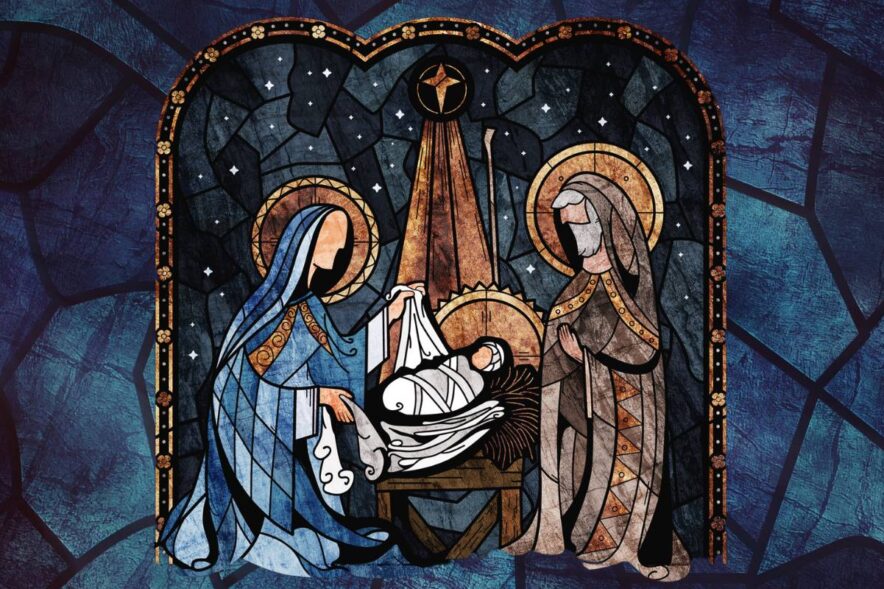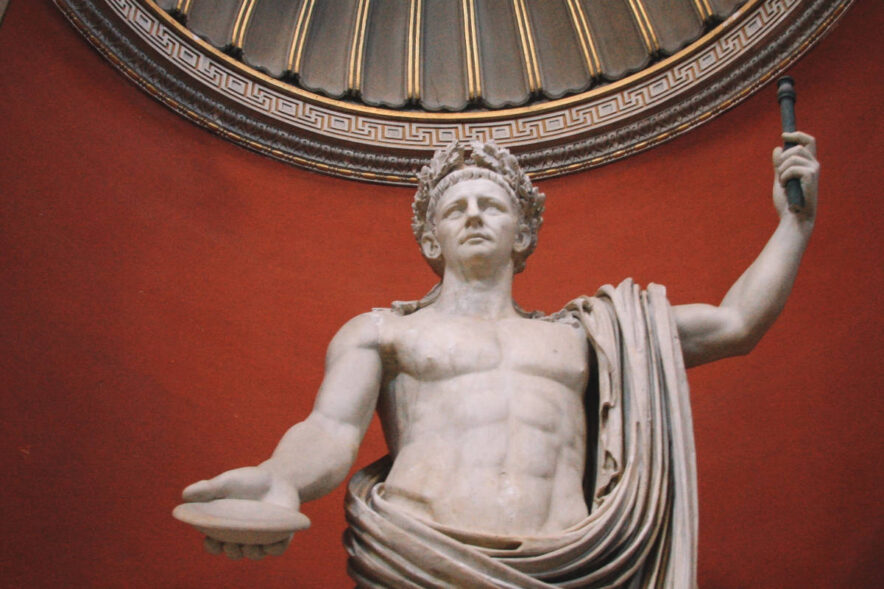Truth #1: ‘before’ “In the beginning, the earth was formless and empty, and darkness covered the deep waters.“ In...
Tag: light of the world
Showed 1 to 6 posts out of 6 total under "Tag: light of the world" category.
Christmas is a unique time of year. Traditionally, it’s seen as a season of joy, hope, celebration, and family—a...
New Testament holiness is a joyous privilege, not a heavy burden and duty.
In the beginning, the Word already existed. The Word was with God, and the Word was God. He existed...
(Not a reader? Take a listen instead ⇓) Christianity in the first century was a spiritual explosion, fueled...








